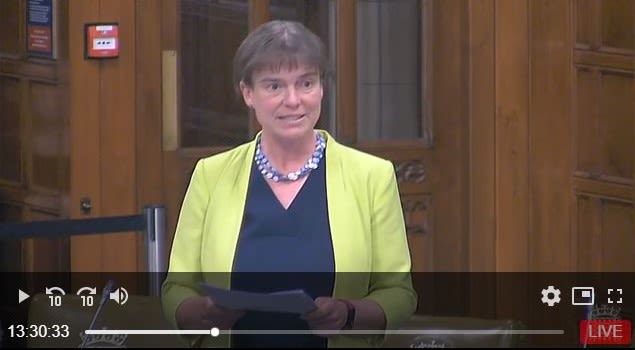Reducing plastic pollution in the oceans
Your insights and ideas for a Parliamentary debate
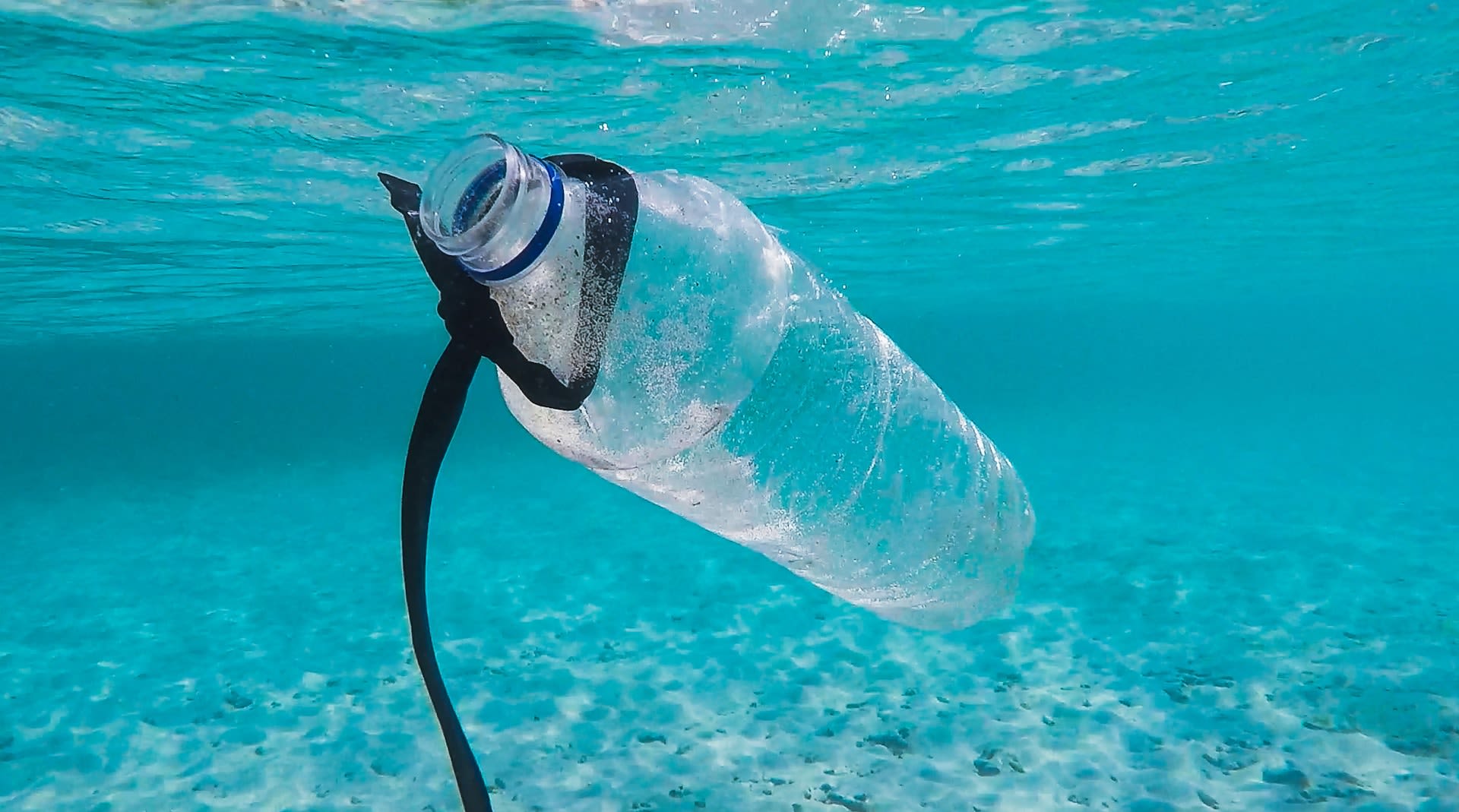
On Thursday 18 May 2023, Selaine Saxby MP led a Backbench Business debate on reducing plastic pollution in the oceans. To inform her debate, she asked to hear your ideas.
Many thanks to all those who filled in the survey.
Selaine Saxby MP thanked respondents for sharing their ideas for the debate:
"A big thanks to everyone who responded to the survey on reducing plastic pollution in the oceans – it was very helpful to have your contributions ahead of my debate. It is always heartening to see how much people care about restoring and protecting our environment. I addressed some of the concerns you raised during my debate on Thursday, including:
- The impact of plastic pollution on marine wildlife
- How microplastics are affecting human health
- The prevalence of marine-based sources of plastic pollution, such as fishing nets.
"I also spoke about several strategies to address the issue which many of you suggested to me, such as:
- Deposit return schemes for plastic
- Setting targets for the reuse of packaging
- The valuable work of community initiatives, such as Plastic Free North Devon
- The use of new technologies in clearing plastic pollution, such as the Ocean Clean Up
- Helping other island nations to limit plastic pollution.
"You can watch the debate, read the transcript, and find information about the Government’s response on this page.
"Thank you again for taking the time to contribute on this important topic."

Read the debate transcript:
Watch the debate:
The Government's response
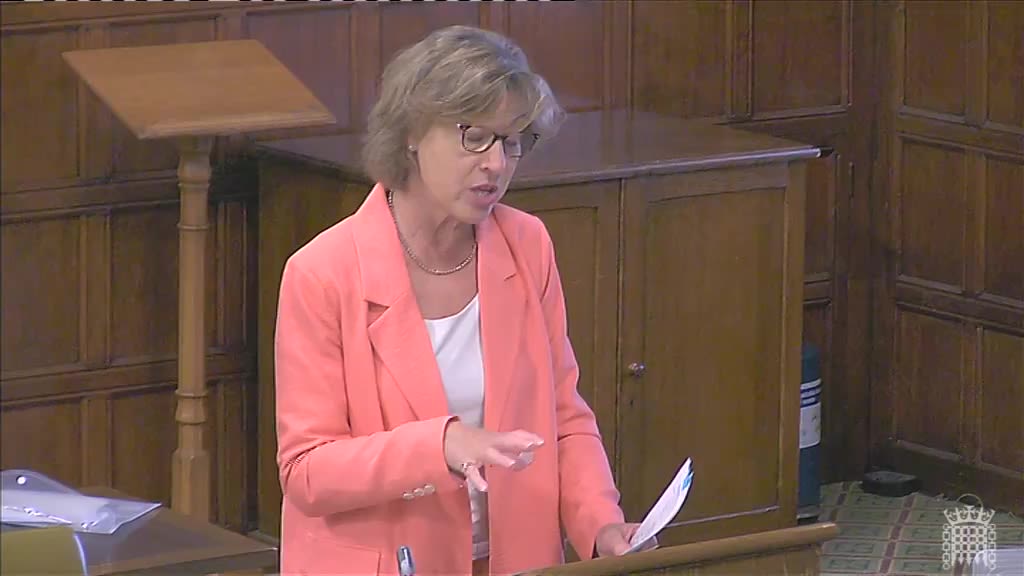
A minister for Environment, Food and Rural Affairs, Rebecca Pow MP, responded to the debate on behalf of the Government. She addressed the Government’s current policy agenda and future ambitions related to the debate topic.
Watch or read her full speech for details on a range of topics including:
- The environmental improvement plan 2023, which contains targets for reducing marine plastic pollution
- The 2018 resources and waste strategy, which sets out how to minimise waste in England
- The extended producer responsibility scheme, which assigns responsibility for the full lifecycle of plastic packaging to the producer
- The deposit return scheme for plastic bottles and drinks cans due to start in October 2025
- The consultation on the ‘Consistency in household and business recycling in England’
- The consultation on the ‘Commonly littered single-use plastic items’
- The impact of 5p and 10p charges on the reduction of single-use carrier bags
- The Government’s work with the Waste and Resources Action Programme to tackle the littering of cigarette butts
- The British-Irish Council’s work to develop solutions for the recycling of end-of-life fishing gear
- The UK’s participation in the north-east Atlantic environment strategy, which aims to tackle marine litter in this area
- The Government’s work with the Global Plastic Action Partnership, which seeks to tackle pollution in developing countries.
How it works
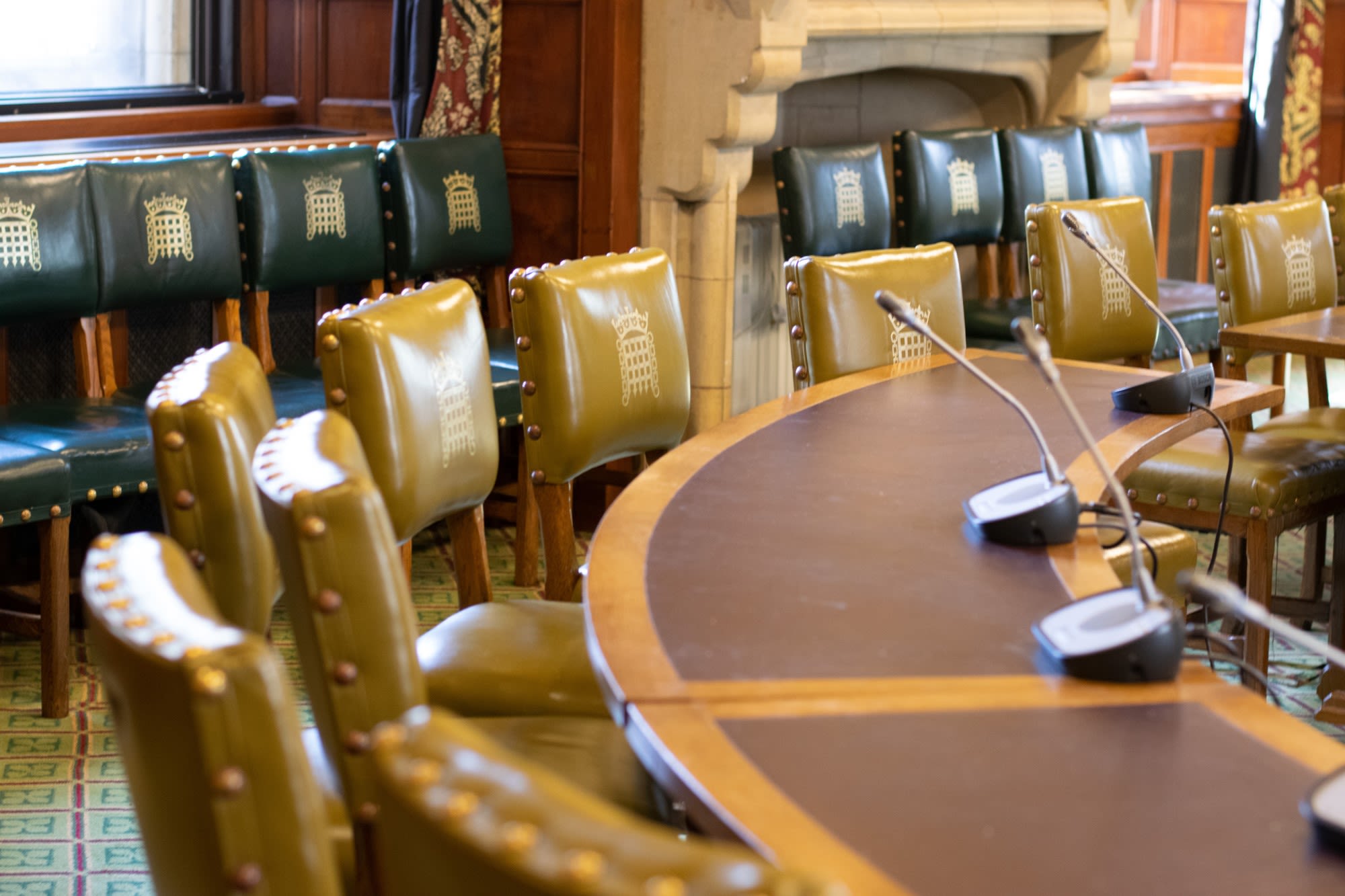
What are Backbench Business debates?
Backbench Business debates give backbenchers (MPs of any party who are not ministers or shadow ministers) an opportunity to secure a debate on a topic of their choice, either in the House of Commons Chamber or in Westminster Hall.
MPs can make a request for a debate to the Backbench Business Committee, who hears and decides which debates to schedule.
The debates can either be general debates (which do not end in a vote) or be on a substantive motion (which calls for an action and can end in a vote). This will be a general debate.
- Committee pages: Backbench Business Committee
- MPs' Guide to Procedure: Backbench Business Committee debates.
How your contributions are shared
In these exercises, members of the public who have signed relevant petitions or are subscribed to parliamentary newsletters are invited to share their experiences and ideas.
These are passed on to the MP leading the debate, who may refer to them directly in their speeches.
Find other petitions on the Petitions website
Sign up to the Your UK Parliament newsletter for latest info on free activities online and around the UK to help you get involved and make a difference.
What happens next?
If you shared your email in the survey, we’ll send you an update after the debate with links to watch it, read the transcript, and information about the Government's response.
Lisa, Ian and Charlotte contributed to previous debates on topics like the menopause and pensions advice:
Parliamentary resources
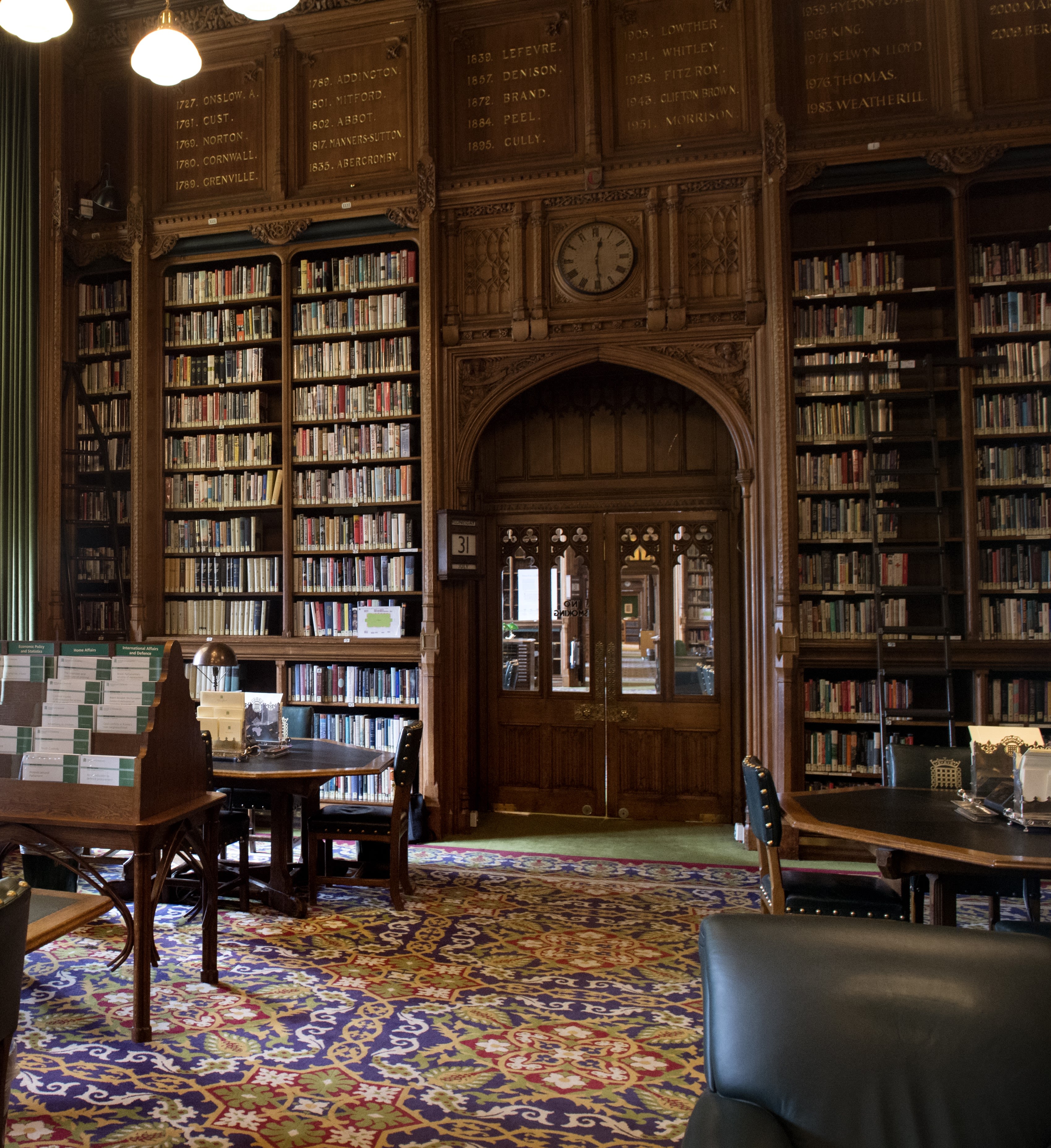
House of Commons Library
Relevant research briefings:
Environment, Food and Rural Affairs Committee
Plastic Waste inquiry:
Get involved
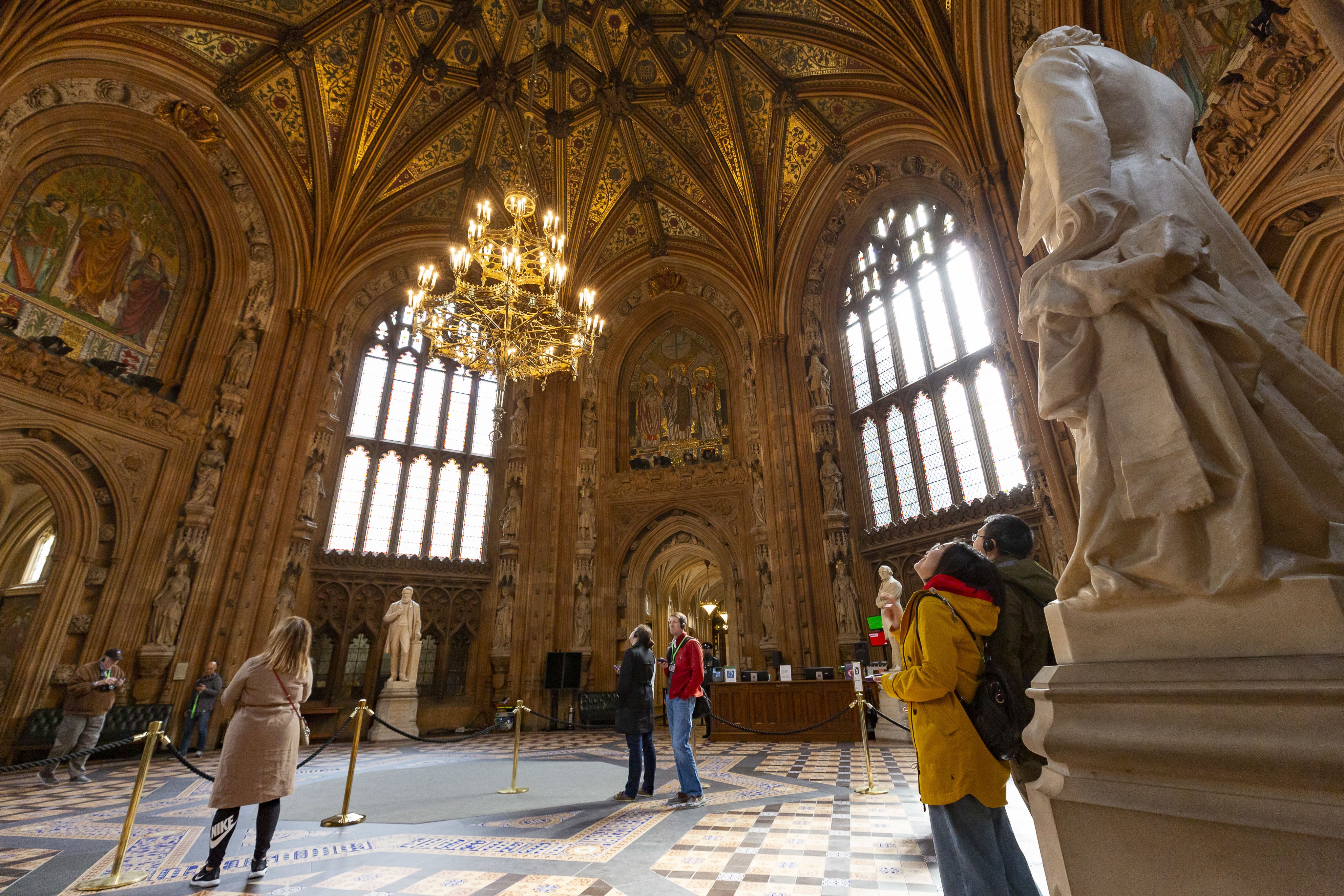
Your UK Parliament newsletter
Sign up for a regular newsletter packed with the latest info on free activities online and around the UK to help you get involved and make a difference.
Free workshops
Our outreach team can visit you in your community, and deliver free workshops and presentations on how to take action and be heard: We'll visit you.
Visit Parliament
Find out how to take a tour in person, join an online event, book tickets and plan a visit to UK Parliament: Visit Parliament.
Education resources
Visit our learning pages for award-winning free education services for schools, colleges, communities and home educators.
Upcoming debates
You can see upcoming debates and other parliamentary business on Parliament's What's on page.
You can watch all debates on parliamentlive.tv.
Other ways to get involved
Explore the different ways you can get involved with the work of Parliament and how to have a say on issues that matter to you: Get involved.
Photo credit: UK Parliament / Jessica Taylor

